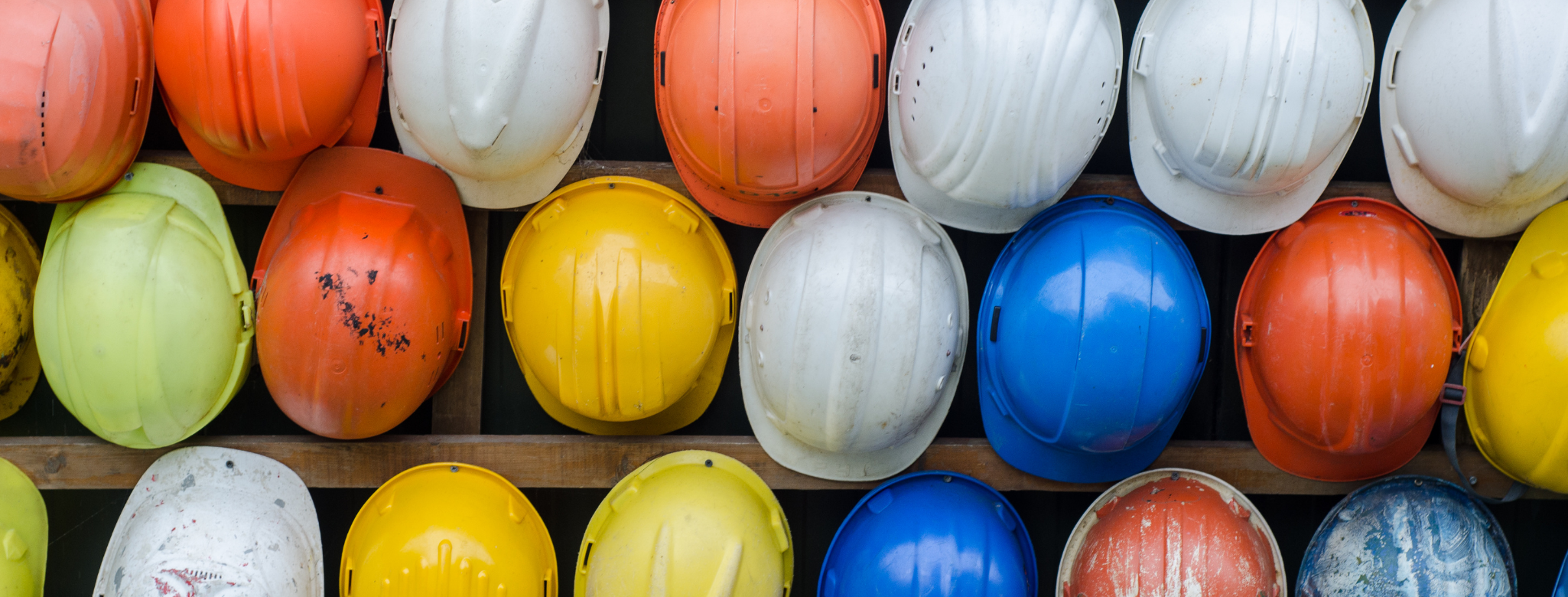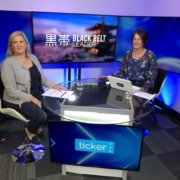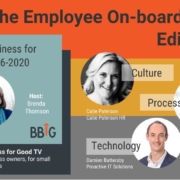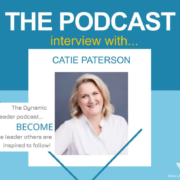Supporting the mental health and wellbeing of every worker is essential. There are many things that can affect mental health, including work as it plays a significant role in our everyday life. Over time there has been a stigma around mental health illness and no more so than in the construction industry.
Now with the increased awareness, education and support services available and organisations, big and small in the industry making it a priority, this stigma is slowly being removed and more and more workers know it’s okay now to ask for help and are reaching out for the help they need.
The awareness and promotion of mental health illness needs to continue in the industry and organisations have a vital role in this. The continuation of the uncertainty in the world from the pandemic and other social and environmental factors makes mental health awareness an even greater priority.
If you are leading a team of people, in the office, remotely or on a building site, there are ways you can support and promote mental health and wellbeing in the workplace.
Here are some tips for you to take action:
Providing awareness, training and support
Communicating and providing awareness to your workers on why we need to discuss mental health, the problems it can cause people and warning signs to look out for if someone they know is struggling is important. Workers need to know that it’s okay to talk about mental health and seek support if they need it, who in the organisation they can go to if they need someone to talk to or how they can access the organisation’s support programs such as an employee assistance program (EAP).
Training certain individuals to be a person someone can turn to if they are in need of help is critical but also shows to all workers how serious the organisation is in supporting mental health and wellbeing. There are a number of organisations who run training sessions for people/workers who volunteer to be support person such as Mates in Construction and Beyond Blue.
Clear and consistent communication of your mental health and wellness support programs and resources and the people involved is crucial, especially on large worksites, so people know what is available to them. Promoting programs and resources through your organisation’s website or staff portal/hub, in breakout/tea rooms, email signatures, social media, when onboarding new workers, participating in charitable mental health events such as RU Ok? day, bringing in someone that is willing to share their personal experience with mental health, setting up information and training sessions and allowing workers time to attend them will create awareness of your mental health and wellness support programs.
What is an Employee Assistance program?
According to the Employee Assistance Professional Association of Australaisa (EAPAA), an EAP ‘is a work-based intervention program designed to enhance the emotional, mental and general psychological wellbeing of all employees and includes services for immediate family members.’ Having an EAP can help with early prevention and interventions of any issues related to work or personal that might be affecting a person’s ability to perform/reach their full potential at work and life in general.
Some large organisations may provide their EAP programs in-house but generally these are outsourced to a provider who have experienced counsellors, referral partners for different services that might be needed, and they understand the compliance and reporting required.
If your organisation has not created an EAP then it might be a good time to start. It’s critical with all the uncertainty around the pandemic and the effects of snap shutdowns in Victoria, reduced numbers on construction sites and increases in COVID-19 cases, workers of all ages need to be supported.
There are some critical elements that need to be considered when putting together an EAP such as the goals and needs of the EAP, if it will be outsourced, training staff, how the EAP will be communicated and tracked, development of policies, procedures and guidelines and compliance/legal and confidentiality requirements. An experienced Human Resources consultant like, Catie Paterson HR Business Consulting can help you and your team put together an EAP that is the right fit for your organisation and your onsite workers.
Not only are EAP’s there to help your workers, they can also help an organisation with less employee absenteeism reducing costs, increases in engagement and retention, to mitigate risks and health and safety concerns and improve productivity levels.
Learn to be a good listener and attuned to how your workers are really feeling
A strong leader is able to engage their people to maximise their people’s potential to be better, communicate effectively, regularly solicit feedback and new ideas and have the ability to problem solve and react quickly to the changing environment.
Whether you are managing one worksite or multiple sites or a small business owner with apprentices, being a good listener and building that human connection that develops trust and loyalty with your workers is essential for a good working relationship and for them to feel they can be open with you. It can also help you, as a leader, to gain knowledge and even new ideas.
To further encourage open communication, it’s important to consistently make time and space for each of your workers to be able to speak with you and for you to check in with them. This will help you get to know and understand their individual circumstances from both a personal and work point of view. The check ins are not only important for collecting feedback from your worker but allow for uninterrupted time to discuss any problems they might be experiencing, work in progress, professional development and performance. Having conversations like these will also help you align the needs of the team with the business.
With immense time pressures on building sites and trades, finding the time to meet with each worker during the week can be difficult. It’s important that these check ins are not rushed or continuously rescheduled.
To make the most of your one-to-one check ins:
- Set re-occurring check ins at a frequency that suits you, your workers and the business and limit the time to 30 minutes.
- Keep them as formal or casual as you like or what suits your business. However, it can be useful to structure them or have an agenda in mind to ensure what needs to be discussed is and to keep to time.
- Take some time before the meeting to collect your thoughts and remove any distractions so you are fully present.
- To encourage a flow of conversation and to ‘break the ice’, start with a non-work-related simple question to relieve any tension and to start off positive i.e. How was your weekend? If you know of an activity they like or involved in, ‘Did you play football this weekend?’ You could also start off with something around well-being ‘How are you feeling this week?’
- Ask questions with intent and really show you are listening and interested with what they have to say.
It is especially important leaders are communicating and checking in on their workers. At the same time, leaders also need to be checked on, as they are working extra hard to protect the wellbeing and safety of their workers and steer their business through economic uncertainty. As such, there needs to be a process or system in place to make sure leaders and the business owners are also being checked on regularly. This could be a colleague or someone outside the organisation.
The role of a leader is significant in creating a safe work environment and inspiring others to do so. Not only enforcing the legal obligations of safe work but having a workplace where their people are able to effectively do their work to their full potential. During these times of uncertainty, it’s essential to keep people well-informed of current situations and how they might be affected. This can alleviate some stress and anxiety.
If you or someone you know is suffering with their mental health, contact Beyond Blue on 1300 224 636.
If you’re currently experiencing an increase in difficult, sensitive and overwhelming issues with your workers and need help finding an engaging approach for you or your leaders, please don’t hesitate to contact Catie Paterson HR Business Consulting today on 0409 545 634 or catie@catiepaterson.com.au.










